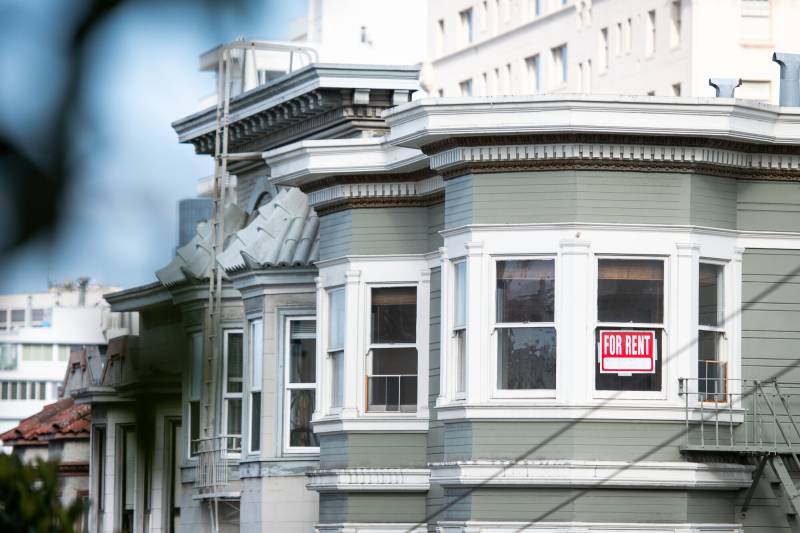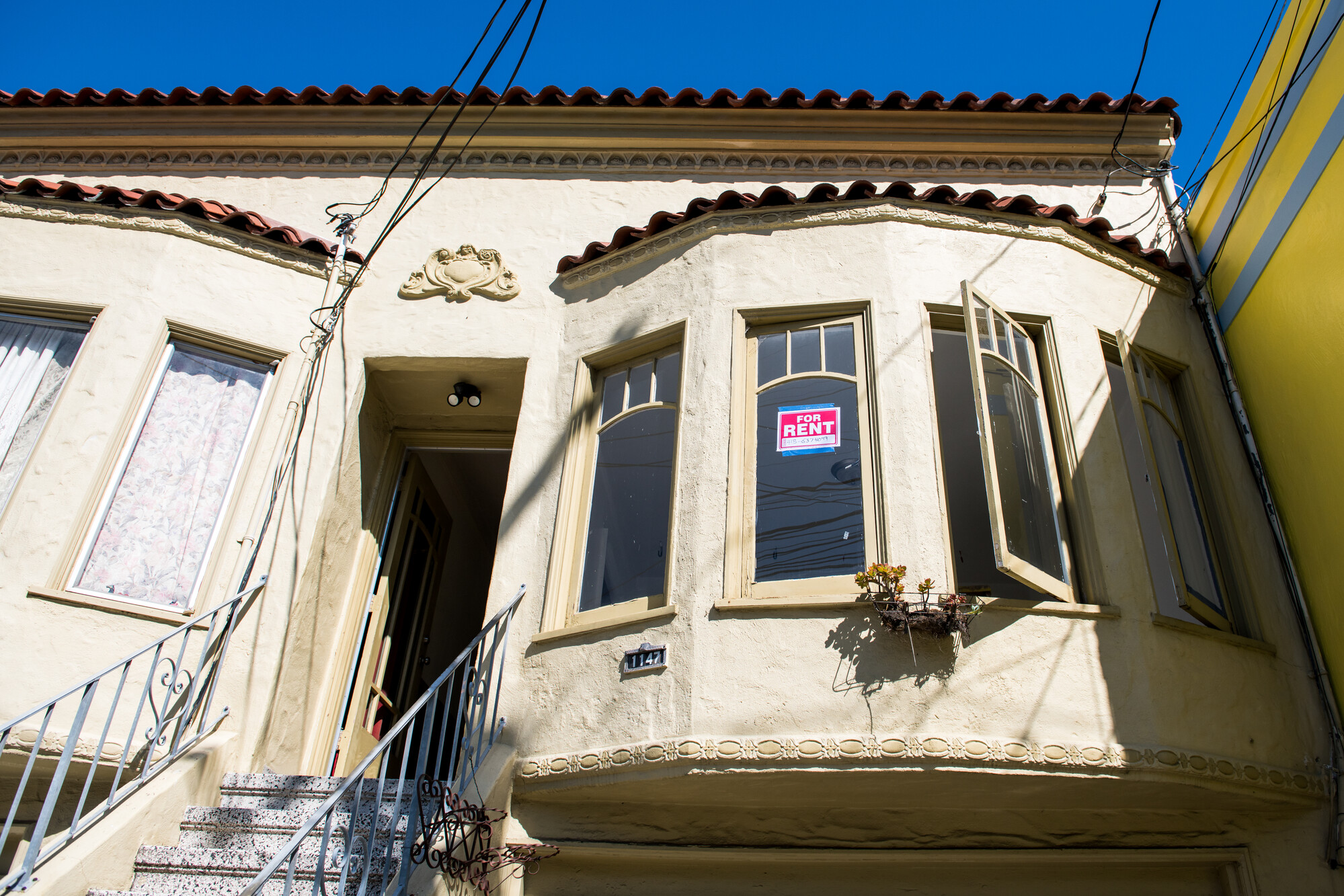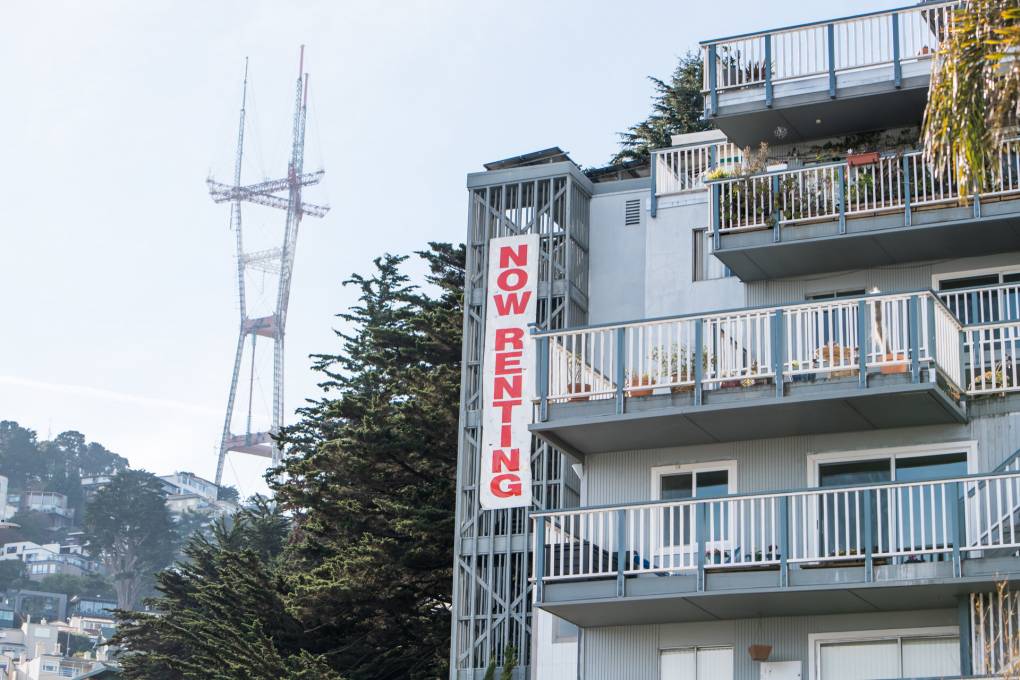AB 1157 builds off the 2019 law by lowering the annual rent increase from a maximum of 10% to a maximum of 5%. In the years since the law has been in effect, inflation has increased and the amount landlords can raise rents has crept closer to 10%.
The 2019 law also requires landlords removing a unit from the rental market to pay relocation assistance to evicted tenants and to have a “just cause” to evict a tenant. While it covers most renters living in multi-family units, it includes exemptions for those living in single-family homes, duplexes and granny flats, among other housing types and living situations.
The new bill would remove most of those exemptions.
“Stable rents keep communities whole — when people can stay, they build roots, sustain lasting connections and contribute to local economies,” said Rae Huang, a senior organizer with tenants’ rights coalition Housing Now! “Our elected leaders must step up and act now to protect tenants and ensure that all Californians have a place to call home.”
Rent control has been a recurring point of debate across California, as it has repeatedly appeared on local and statewide ballots. Last November, voters shot down Prop 33, which attempted to repeal the Costa-Hawkins Rental Housing Act. The 1995 law limits how local governments can impose rent control laws. In her letter to Kalra, Carlton pointed to multiple studies showing that rent control can discourage landlords from placing units on the market and stymie housing construction.
At the press conference, Karla acknowledged that argument but said immediate action is needed while affordable housing is built.
“I agree that we do need to build more housing, but we also need to focus on how we keep families from being displaced,” Kalra said. “The number one thing we can do to prevent homelessness is not building housing — it’s keeping people in their homes so they don’t become homeless.”


